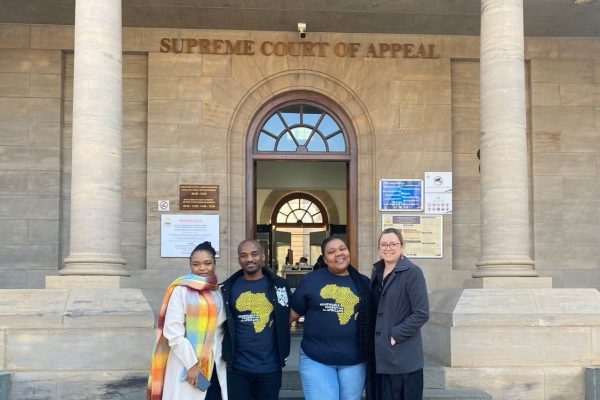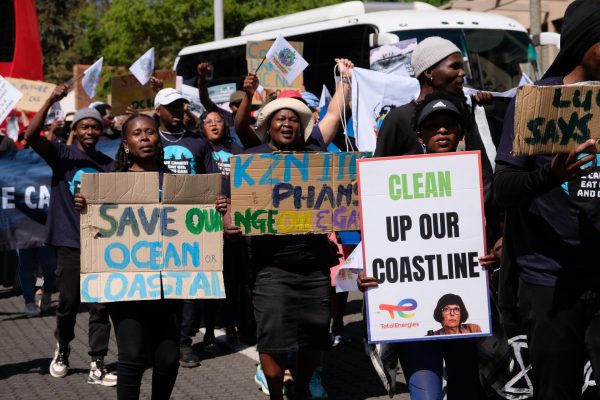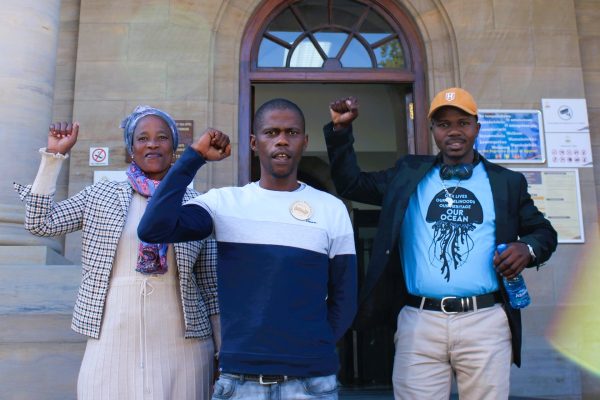Friday 28 February 2025 is the deadline for communities and individuals to comment on an important Bill that affects Traditional and Khoi and San communities.
The draft Traditional and Khoi-San Leadership Bill 2024 (TKLB) is proposed legislation aimed to formally recognise and regulate Traditional and Khoi-San leadership structures in South Africa.It seeks to define the roles and powers of Traditional and Khoi-San leaders in local governance and to ensure accountability and transparency in leadership. The Bill also aims to protect community land rights and promote inclusive decision making.
This Bill has provisions on formal government structures, proposing constitutional values of democracy.
The TKLA and the TKLB
The Traditional and Khoi-San Leadership Act 3 of 2019 (“TKLA”) was enacted in 2019.
The TKLA was challenged in court, and in May 2023, the Constitutional Court in Mogale v Speaker of the National Assembly declared the TKLA to be unconstitutional and invalid. The Court found that Parliament had failed to ensure sufficient public participation on the Act, which is a violation of sections 59 and 72 of the Constitution. The Constitutional Court suspended this order for 24 months to give Parliament the opportunity to rectify the errors of the TKLA.
Consequently, the TKLA remains in effect until new legislation is enacted which must be done by May 2025.
On 29 November 2024, the Department of Cooperative Governance and Traditional Affairs (CoGTA) published the draft Traditional and Khoi-San Leadership Bill 2024 (“TKLB / the Bill”) for public comment.
The deadline for these comments is Friday 28 February 2025.
For the people
During a virtual training session hosted by Natural Justice earlier this week, affected communities and individuals were encouraged to make submission on the Bill during this public participation opportunity.
The session created a space for participants to learn about the current status of the Bill, how to submit their comments and to mobilise their communities to do the same. A diverse group of participants registered and attended the session, which evoked robust discussions on various aspects of the Bill.
Many questions were raised, including questions about the legality of the Bill and how it aligns with the Expropriation Act; why the Bill only provides for two positions for Khoi and San leaders; whether community members of royal bloodlines would be able to attend parliamentary meetings and how the Bill addresses land, acknowledgment, and recognition of kings, queens, and other royalties in Khoi and San communities.
One comment shared said: “No meaningful consultation, awareness and education about the Bill has been undertaken by Government within Khoi and San Communities. What legal recourse do we have in that regard?“
To encourage engagement, Natural Justice has created materials to share relevant information and key aspects of the Bill. These resources are available here:
Bills such as the TKLB have the potential to become law. This Bill establishes mechanisms for the recognition of leadership, the creation of councils, and participation in governance while aligning customary law with the Bill of Rights. Public participation is a critical component in the law-making process. Concerns about inequality and constitutionality are valid grounds for legal scrutiny, especially regarding historical marginalisation and the full realisation of Khoi and San rights.
It is therefore important to utilise the current call for comments on the TKLB.
Natural Justice will continue to stand by communities who have a constitutional right to be included in these processes. We will continue to share updates the TKLB as the law-making process progresses.







